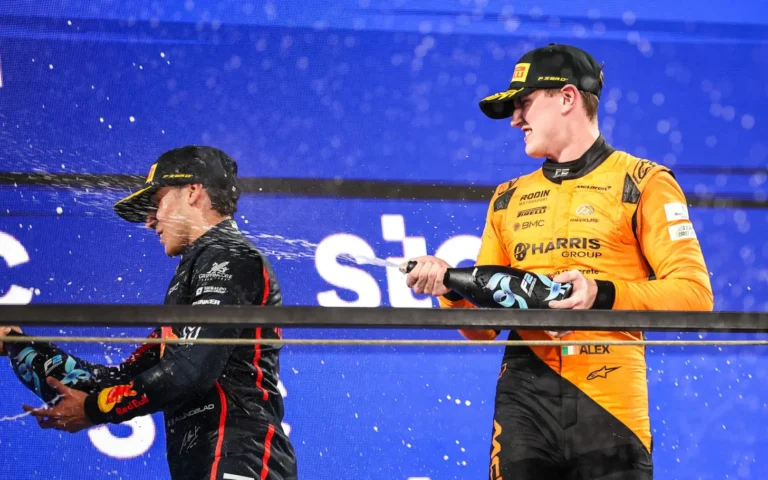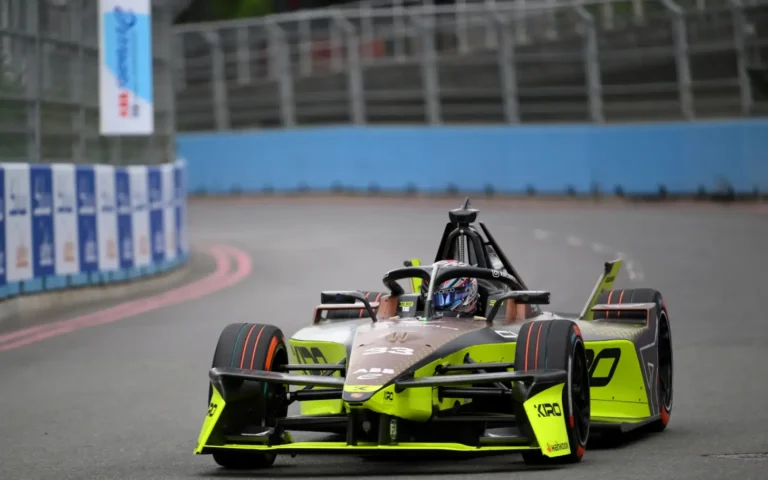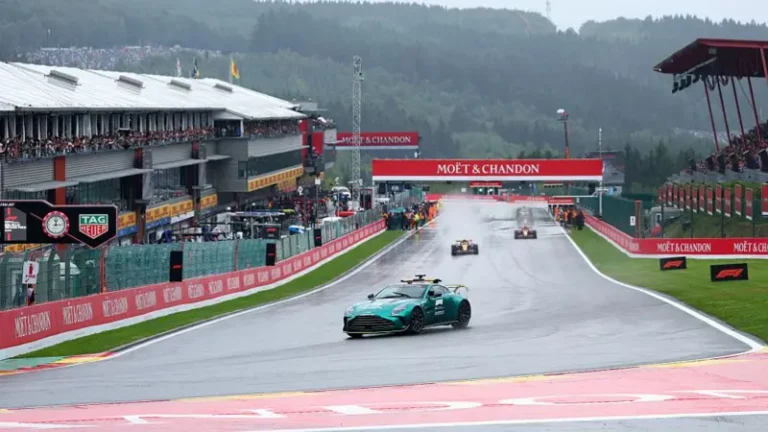
At Spa-Francorchamps on Thursday, several high-profile Formula 1 drivers voiced apprehensions about the sweeping 2026 regulation changes, which will introduce increased electrification, slimmer chassis, and more complex energy management systems. This radical shift, aimed at enhancing sustainability, has sparked concern among drivers who fear the essence of pure racing may be compromised. Lance Stroll summed up the sentiment, branding the upcoming formula as “not the F1 I fell in love with.” The sport now faces a philosophical crossroad: innovation versus authenticity.
Carlos Sainz, speaking candidly about his simulator experience, admitted the forthcoming cars are mentally exhausting to operate. “It’s extremely complicated. At first, we’re like: what’s going on? Why so many settings? Why does the car feel different every lap?” he remarked. The Spaniard predicted acclimatization would eventually occur but questioned if this “new normal” would enhance or diminish the spectacle. “That’s the million-dollar question,” he said. “If we have to make six or seven switch changes per lap, we’ll do them—but is that really racing?”
Lewis Hamilton, who thrived during the transformative 2014 hybrid era, offered a more tempered perspective. The seven-time world champion welcomed the technological evolution, emphasizing the creativity and development it demands. “For me, the beauty of F1 is the constant innovation,” said the Ferrari driver. He acknowledged the heightened driver involvement in power unit strategies but admitted the outcome remains uncertain: “It could go either way—great or disappointing. Time will tell.”
Lando Norris, currently a frontrunner in the 2025 title race, expressed ambivalence. While praising the engineering sophistication, the McLaren star cautioned that the visceral thrill could diminish. “You’ll brake earlier at the end of straights, so it looks less dramatic for fans,” he said. “F1 is supposed to be the pinnacle of speed, and we’ve had something incredible in recent years.” His deeper worry lies in artificiality: “I don’t want it to become too scripted. I just want to drive, change gears, and push the limit.”
Despite his reservations, Norris conceded the fresh challenge carries intrigue. “Some aspects will improve, others won’t, but it’s a new era—and I’m excited to take it on,” he concluded. As the countdown to 2026 continues, the debate intensifies: will these regulatory innovations elevate Formula 1’s technical brilliance or erode its raw, instinctive core? For now, drivers and fans alike brace for a future that promises complexity, controversy, and perhaps a redefinition of racing itself.






